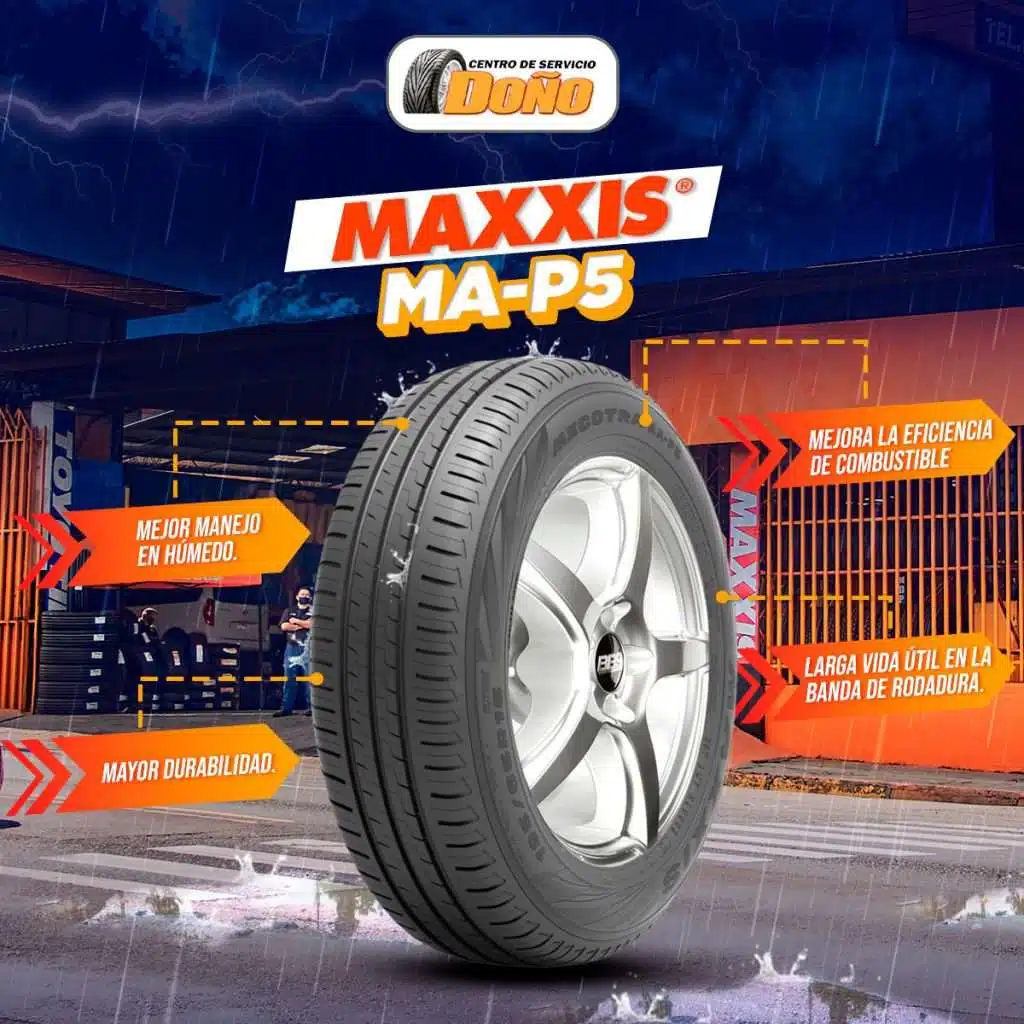The hidden secret in tires that can reduce your gasoline consumption

The consumption of gasoline has become a highly relevant topic for drivers, especially in times of high prices. However, there is a hidden secret that can significantly transform the efficiency of this consumption: tires. Through the right choice and optimal maintenance of them, it is possible not only to reduce fuel expenditure but also to contribute to a more sustainable use of our vehicles. In this context, understanding how tires influence fuel efficiency becomes a key element for every driver looking to minimize their costs and environmental impact.
The relationship between tires and gasoline consumption is a fundamental aspect that many drivers overlook. By choosing the right tires and keeping them in optimal condition, considerable reductions in fuel expenditure can be achieved. This article delves into how tires can be the key to optimizing a vehicle’s performance and saving on gasoline.
The importance of tire pressure
One of the most critical aspects affecting fuel consumption is tire pressure. Keeping tires inflated to the correct pressure is not only essential for safety but also directly impacts fuel efficiency. Having under-inflated tires can increase gasoline consumption by up to 6%. This is because rolling resistance increases, causing the engine to work harder to move the vehicle.
Select tires with low rolling resistance
Choosing tires with low rolling resistance is another effective strategy to reduce fuel consumption. Tires specifically designed to minimize resistance allow the vehicle to move more easily, resulting in less engine effort and, consequently, lower fuel expenditure. According to the European Union tire labeling system, this type of tire can save up to half a liter of fuel for every 100 kilometers traveled.
Regular maintenance for optimal performance
In addition to choosing efficient tires, their regular maintenance is essential to ensure optimal performance. Checking wheel alignment and rotating tires every 10,000 kilometers contributes to even wear, which in turn improves fuel efficiency. Wheel misalignment can increase rolling resistance, resulting in higher gasoline consumption.
The impact of tires on electric vehicles
For electric vehicles, the proper selection and maintenance of tires is even more critical. Suitable tires not only help reduce energy consumption but also increase the vehicle’s range. Particularly during long trips typical of vacations, having tires in optimum condition becomes vital, especially if the air conditioning is frequently used.
The smart selection when buying tires
It is crucial to be selective when buying tires. The tire manufacturers’ association suggests that opting for suitable models can make a significant difference in fuel consumption. The tire label provides valuable information about its sustainability and energy efficiency, making it easier for consumers to make informed decisions.
Practical tips to optimize fuel expenditure through tires
To get the maximum performance from tires and therefore save on fuel, here are some recommendations:
- Check the tire pressure regularly.
- Choose tires with low rolling resistance.
- Ensure that the wheels are aligned.
- Rotate tires to ensure even wear.
By implementing these practices, drivers can enjoy significant savings in fuel and simultaneously contribute to the reduction of CO2 emissions, making their choice of tires not only a matter of savings but also of environmental responsibility.
The impact of tires on gasoline consumption
Gasoline consumption is a constant concern for drivers, especially in a context where fuel prices are high. However, the crucial role that tires play in this equation is often overlooked. Choosing and maintaining appropriate tires can be the key to achieving significant savings in gasoline.
First, it is fundamental to understand that the rolling resistance of tires has a direct effect on fuel performance. Low-resistance tires can reduce consumption by up to 0.5 liters per 100 kilometers. This feature becomes a decisive element, especially for those who take long trips or regular routes.
Additionally, proper maintenance of tires, including correct alignment and regular pressure monitoring, plays a vital role in fuel savings. A tire that is not inflated correctly can increase rolling resistance, which translates into additional gasoline expenditure. Studies have shown that driving with improperly inflated tires can increase consumption by 6%. Maintaining the recommended pressure not only improves fuel efficiency but also extends the life of the tires.
Finally, by selecting tires with better labeling in energy efficiency and adhering to maintenance guidelines, significant savings on fuel can be achieved over time. This approach not only improves personal economy, but also contributes to the sustainability of the environment by reducing the CO2 emissions associated with excessive gasoline use.



